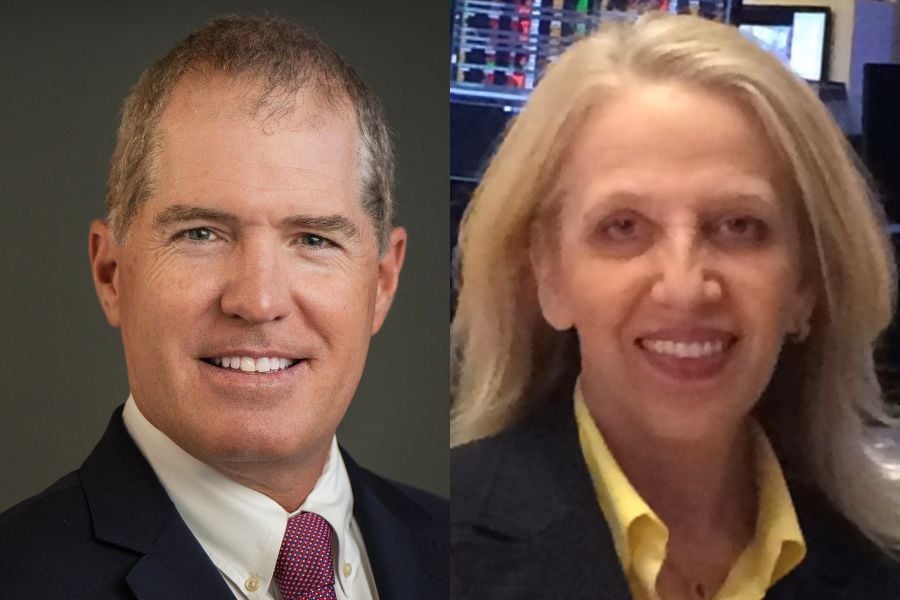

The IRS has finalized its proposed 10-year RMDs rule for inherited retirement assets, and advisors say its NBD.
That’s because the new rule has been coming for years, and despite the more restrictive guidelines that have replaced the old stretch IRA provision, it won’t affect many clients. The rule stems from the 2019 Secure Act and requires a 10-year payout period for most beneficiaries who receive retirement account assets.
Further, the recently published final rule “is not a change to existing rules,” but is a clarification to the requirements Congress passed in the Secure and Secure 2.0 laws, said Erika Safran, principal of Safran Wealth Advisors, in an email. For example, IRA assets inherited since 2020 from account owners who had started taking required minimum distributions before death must be fully distributed within 10 years of being inherited, Safran noted.
“We have been applying this rule and continue to distribute at least the RMD to the beneficiaries,” she said. “This helps to avoid a large final taxable distribution and possible move to higher tax bracket.”
Even so, the IRS has been gentle with the phase in of the new requirements, for the past four years granting exemptions for beneficiaries who missed RMDs on inherited IRA assets.
While the Secure Act eliminated the stretch IRA provisions for most beneficiaries, it made exceptions for “eligible designated beneficiaries.” Those include surviving spouses, minor children of account owners, those who meet disability requirements under IRS rules, people who are chronically ill, as well as beneficiaries who are older or less than 10 years younger than the deceased account owners.
“While the new 10-year RMD requirements will impact some clients, it won't impact as many as some may think,” said Bradley Herdt, financial planner at Deseret Mutual Benefit Administrators, in an email. “Most beneficiaries don’t leave the money in the account 10 months, let alone 10 years … [and] many advisors working with beneficiaries are of the opinion that some annual distributions have been generally advisable, as to smooth out the tax implications of withdrawals.”
Most clients at 1650 Wealth Management who inherit IRAs are still in their working years, founder Tom Balcom said.
“We work with them to manage the disbursements from a tax standpoint to limit the burden they have on an annual basis,” Balcom said in an email. “By tax managing the disbursements, the clients are able to keep more of the proceeds for them and pay less in taxes. Since the funds have to be disbursed in 10 years, the impact on estate and legacy planning has been minimal.”
David Demming, founder of Demming Financial, noted that inherited IRA assets are prioritized for RMDs before clients’ own retirement accounts.
“We are doing more aggressive Roth conversions of their IRAs and naming more beneficiaries like children and grandchildren,” Demming said in an email.
Smoothing out taxes over the 10-year timeframe is the default practice, but that can overlap with a beneficiary’s own retirement, said Rob Schultz, senior partner and wealth manager at NWF Advisory.
In such cases, “we would take out the minimum while [the client is] working, and then in the remaining years after retirement take out the remainder to fill up the bottom tax brackets,” Schultz said in an email. “Medicare tax adjustments are also taken into consideration if the client is approaching 65.”

Most firms place a limit on advisors’ sales of alternative investments to clients in the neighborhood of 10% a customer’s net worth.

Those jumping ship include women advisors and breakaways.

Firms in New York and Arizona are the latest additions to the mega-RIA.

The agent, Todd Bernstein, 67, has been charged with four counts of insurance fraud linked to allegedly switching clients from one set of annuities to another.

“While harm certainly occurred, it was not the cataclysmic harm that can justify a nearly half billion-dollar award to the State,” Justice Peter Moulton wrote, while Trump will face limits in his ability to do business in New York.
Orion's Tom Wilson on delivering coordinated, high-touch service in a world where returns alone no longer set you apart.
Barely a decade old, registered index-linked annuities have quickly surged in popularity, thanks to their unique blend of protection and growth potential—an appealing option for investors looking to chart a steadier course through today's choppy market waters, says Myles Lambert, Brighthouse Financial.
